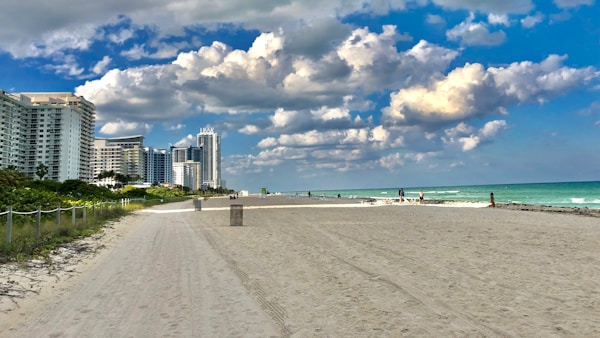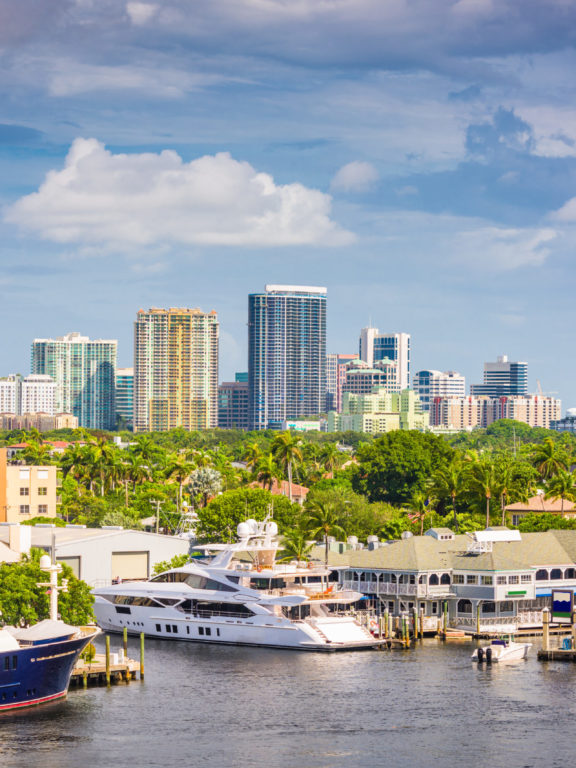If you’re thinking about moving to Florida, you’re making a great decision! This state has a lot to offer, from its amazing beaches to its diverse culture. Hire Solomon & Sons Relocation Services to help you with the move, and keep reading to learn more about what it’s like to live in the Sunshine State.
Home Maintenance
Florida residents must adhere to specific home maintenance guidelines in order to keep their homes up to code and avoid costly repairs. Some of the most important aspects of home maintenance for Florida residents include keeping the roofing, windows, and doors in good condition, maintaining proper drainage around the house, trimming back vegetation around the property, and inspecting electrical wiring and appliances.
Residents should regularly check the roof for any damage or signs of wear and make necessary repairs as soon as possible. The same is true for windows and doors; they should be inspected for cracks, leaks, or other damage and repaired as needed. It is also important to keep vegetation trimmed back away from the house, as overgrown plants can cause water damage to the roof and walls. Additionally, homeowners should inspect all electrical wiring and appliances on a regular basis to ensure that they are in good working order. Faulty wiring or appliances can pose a serious fire hazard, so it is crucial to address any problems immediately. By following these simple tips, Florida residents can help protect their homes from potential damage and costly repairs.
Climate

The climate in Florida is considered a tropical climate. This means that the state has hot and humid summers with average temperatures ranging from 80 to 90 degrees Fahrenheit and mild winters with average temperatures ranging from 60 to 70 degrees Fahrenheit. The temperature rarely falls below freezing or rises above 100 degrees Fahrenheit. Florida also experiences a lot of rainfall, especially during the summer months.
Schooling Options
The Sunshine State has many schooling options available, depending on your needs and preferences. Public schools are free and funded by the state government, with elementary through high school levels. There are also a variety of private schools available, which can be more expensive but often have better facilities and offer a wider range of curricula. Colleges in Florida include large state universities as well as smaller liberal arts colleges. Students planning to attend college in Florida should research the different campuses and their corresponding tuition rates.
Hurricane Season

Hurricane season in Florida runs from June 1 to November 30. While the peak of the hurricane season is typically around September 10, hurricanes can and do occur outside of this time frame. It’s important to be prepared for a potential hurricane before it hits, whether you’re a long-time Floridian or new to the area. If a hurricane is likely to affect your area, you will most likely be notified by local officials or the media. Pay attention to these warnings and follow their instructions.
Taxes
When moving to Florida, there are a few taxes you will need to be aware of. The first is the state income tax. Florida does not have a personal income tax, but residents are still responsible for federal income taxes. The second tax you will need to pay is the property tax. Property taxes in Florida are assessed on the value of your home and vary depending on the county you live in. There is also a sales tax in Florida, which is currently 6%. This rate can vary depending on the county you live in. Finally, there is also a gas tax in Florida, which is currently at 7 cents per gallon.
This guide is an important read for those considering a move to the Sunshine State. It provides an overview of the climate, taxes, and schooling options in Florida, as well as information on home maintenance and hurricane season.

